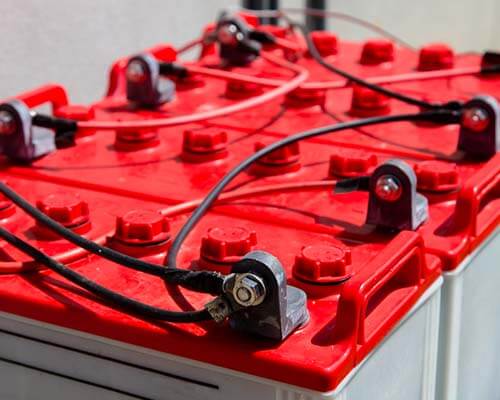
Lead-acid batteries are time-tested and widely used for backup energy storage due to their simple design and reliable performance.

These batteries offer a lower upfront cost, making them a budget-friendly option for basic solar or generator backup systems.
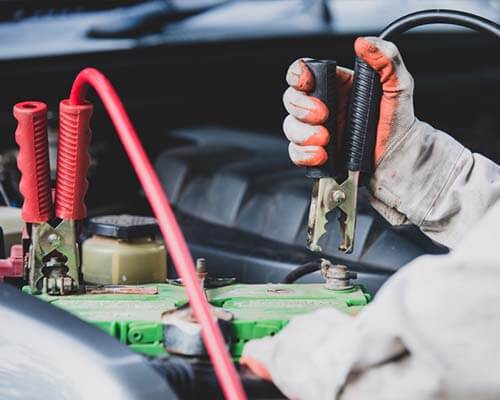
With proper care and occasional water top-ups, lead-acid batteries can provide dependable service for several years.
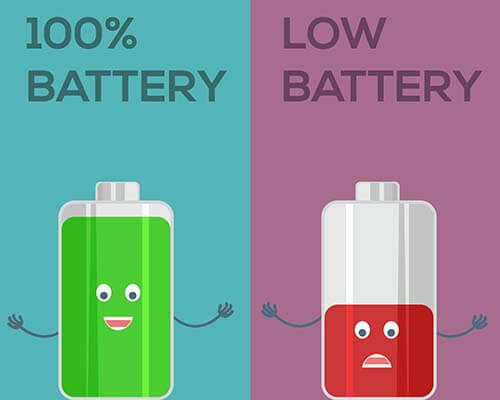
Fast-charging chemistry lets these batteries top up rapidly, reducing downtime after heavy use or cloudy days.
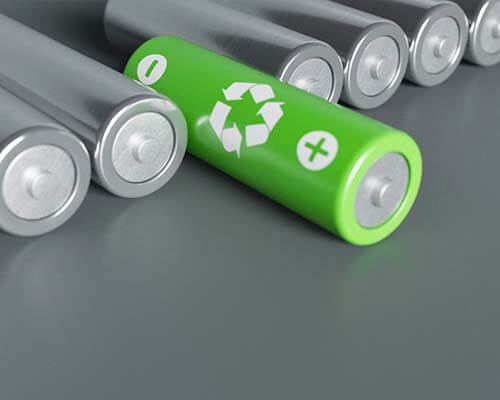
With thousands of charge cycles, lithium-ion lasts years longer than traditional options.

With proper care and occasional water top-ups, lead-acid batteries can provide dependable service for several years.
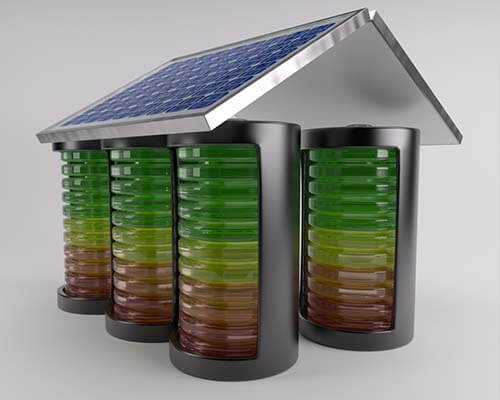
Flow batteries allow flexible energy storage that can be scaled up easily, making them ideal for large commercial or industrial systems.

These batteries offer thousands of deep charge-discharge cycles without losing performance — perfect for long-term, daily use.
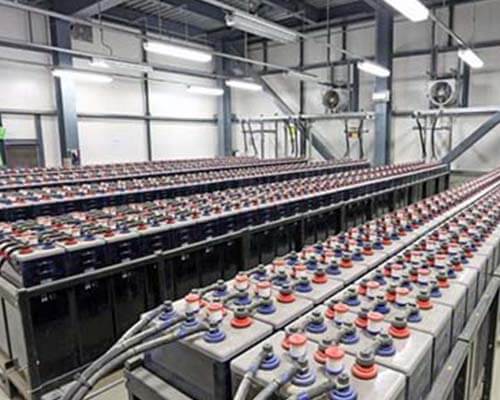
With non-flammable electrolytes and low risk of overheating, flow batteries offer a safer, more stable energy storage solution.
One of the oldest and most commonly used types of rechargeable batteries. They store electrical energy through a chemical reaction between lead and sulfuric acid. Lead-acid batteries are widely used in solar energy systems due to their low cost and reliability. They come in two main types: Flooded Lead-Acid (which require regular maintenance) and Sealed Lead-Acid (maintenance-free). However, they tend to have a shorter lifespan and lower energy density compared to newer battery technologies like lithium-ion.

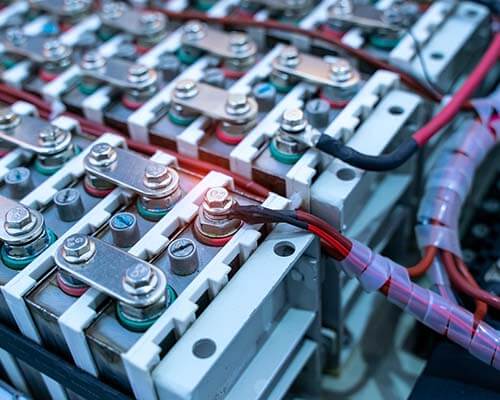
Lithium-Ion Batteries are advanced rechargeable batteries widely used in solar power systems. They offer high energy density, meaning they store more power in a smaller, lighter package. These batteries have a longer lifespan and require little maintenance compared to traditional batteries like lead-acid. Although they have a higher upfront cost, their efficiency, durability, and compact size make them a popular choice for residential and commercial solar energy storage.
Flow Batteries are rechargeable batteries that store energy in liquid electrolytes contained in external tanks. They offer the advantage of long cycle life and easy scalability, making them suitable for large-scale solar energy storage applications. While they tend to have lower energy density and higher initial costs compared to other battery types, their ability to provide reliable, long-duration power makes them ideal for commercial and utility-level systems.
